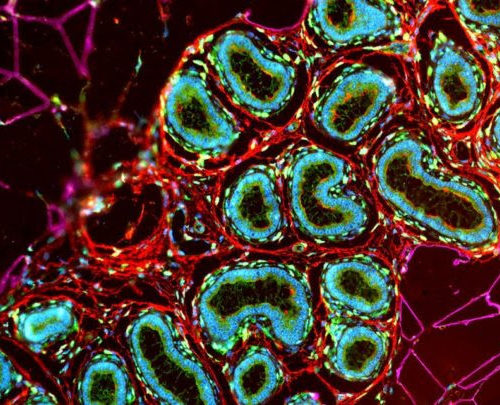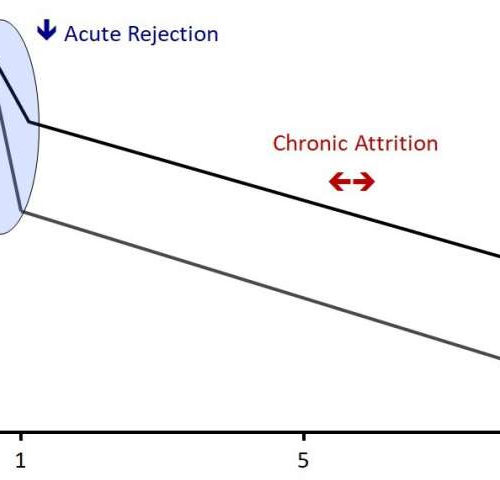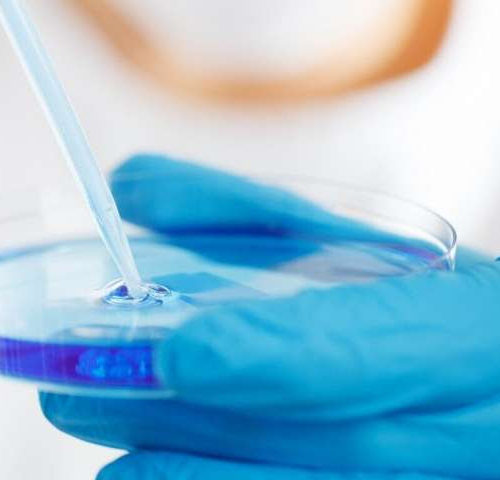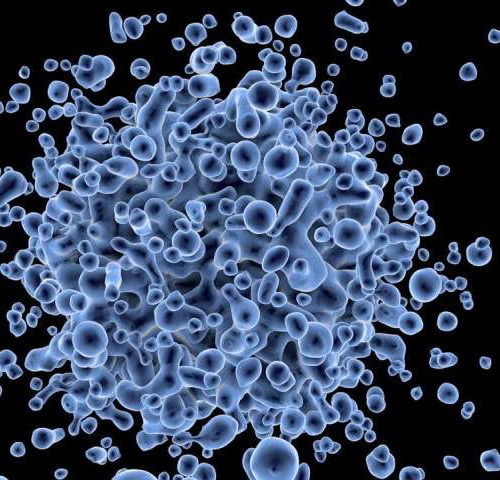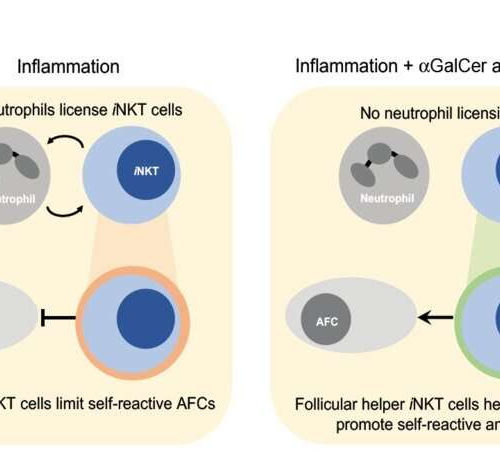Variants in a gene of the human immune system cause men and women to have different vulnerabilities to the autoimmune diseases lupus and Sjögren’s syndrome, according to findings published in the journal Nature. This extends recent work that showed the gene variants could increase risk for schizophrenia. The gene variants are a member of the...
Tag: <span>Autoimmune Disease</span>
Animal study shows human brain cells repair damage in multiple sclerosis
A new study shows that when specific human brain cells are transplanted into animal models of multiple sclerosis and other white matter diseases, the cells repair damage and restore function. The study provides one of the final pieces of scientific evidence necessary to advance this treatment strategy to clinical trials. “These findings demonstrate that through...
Ketogenic diets alter gut microbiome in humans, mice
by University of California, San Francisco Low-carb, high-fat ketogenic diets, which have attracted public interest in recent years for their proposed benefits in lowering inflammation and promoting weight loss and heart health, have a dramatic impact on the microbes residing in the human gut, collectively referred to as the microbiome, according to a new UC...
Enzyme could hold key to improved allergy treatments
A class of immune cells push themselves into an inflammatory state by producing large quantities of a serotonin-making enzyme, according to a study in mice led by scientists at Weill Cornell Medicine. The study, published in Immunity, found that the inflammatory and infection-fighting abilities of the cells, called type 2 innate lymphoid cells (ILC2s), are...
Immune system discovery could end chronic organ rejection
by University of Pittsburgh Chronic rejection of transplanted organs is the leading cause of transplant failure, and one that the field of organ transplantation has not overcome in almost six decades since the advent of immunosuppressive drugs enabled the field to flourish. Now, a new discovery led by researchers at the University of Pittsburgh School...
EULAR: Hydroxychloroquine use in lupus patients ‘does not seem to prevent COVID-19’
by European League Against Rheumatism (EULAR) The current outbreak of COVID-19 represents a source of concern for the management of systemic lupus erythematous, SLE, patients. These patients have an increased risk of severe infections due to their underlying disease, the use of immunosuppressive drugs, as well as the potential presence of organ damage associated with...
Research into obsessive-compulsive disorder shows antibodies could provide new treatment
by Queen Mary, University of London Mice with high levels of this protein were also found to exhibit behaviours that are characteristic of anxiety and stress, such as digging and excessive grooming. When the researchers treated the mice with an antibody that neutralised Imood, the animals’ anxiety levels reduced. The findings have led the researchers...
How a specific population of lymphocytes promotes autoimmune disease
by Linda Nilsson, Karolinska Institutet Researchers from Karolinska Institutet in collaboration with a lab in San Antonio U.S., have uncovered how a specific population of lymphocytes promotes autoimmune disease by giving up their regulatory role in the immune system. The newly discovered mechanism is published in PNAS from research led by Dr. Saikiran Sedimbi and...
Myositis: Understanding the Rare Autoimmune Disease
It’s easy to brush off the early signs of myositis, a muscle weakening autoimmune disease. That trip or fall while walking could be attributed to clumsiness. Difficulty climbing up stairs, rising from a chair or lifting something overhead could be from an abandoned regular exercise program or muscle breakdown from age. That cough, difficulty breathing,...
Hope offered to patients with a rare autoimmune condition
NEWCASTLE UNIVERSITY A new study has shed light on a debilitating autoimmune condition by identifying a number of sub types of the disease which could lead to personalized treatment for patients. For the first time, scientists at Newcastle University, UK, have found there are at least four versions of primary Sjögren’s syndrome (PSS) – a...



